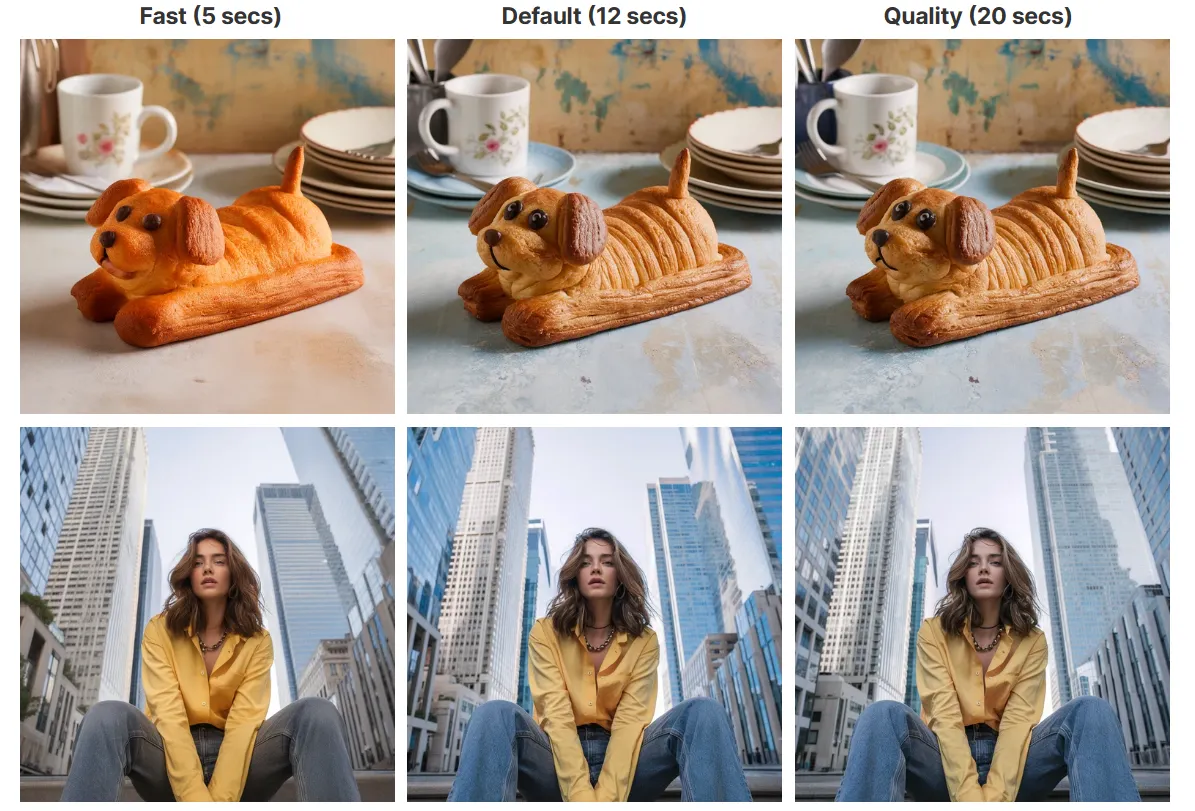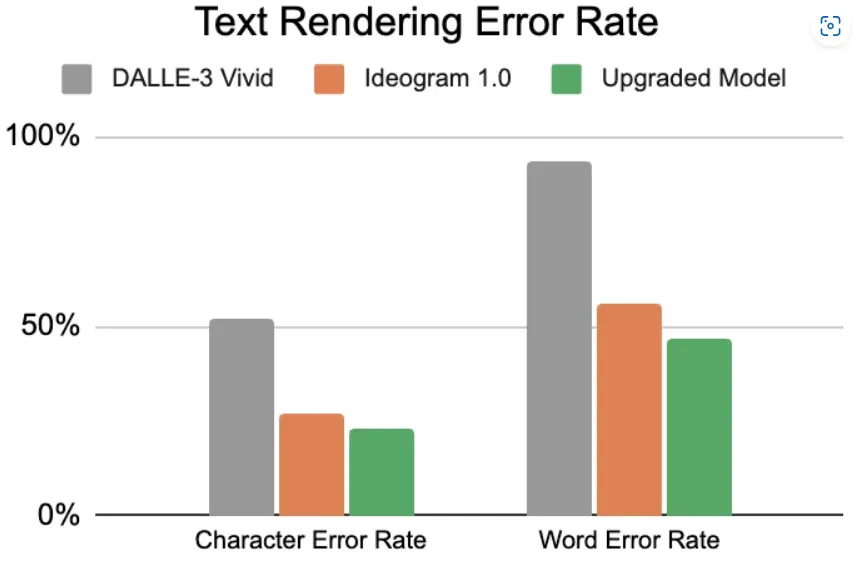Ideogram, an AI image generator created by former Google engineers, has released its first set of upgrades intended to make the platform more functional and usable. The upgrades add capabilities to better match offerings from Stable Diffusion and Midjourney at a compelling price point.
The first public release of Ideogram in February quickly gained popularity among AI enthusiasts as a strong and capable alternative to Midjourney, Dall-E 3, and Stable Diffusion. Tests by Decrypt found that it excelled in prompt understanding, text generation capabilities, spatial awareness, prompt adherence, variety of styles, generation of people and brands, and overall quality compared to other popular image generators.
"We're excited to release a major upgrade to Ideogram 1.0, our most advanced text-to-image model, alongside several new features, including ‘describe’ for image captioning, negative prompt, and image rendering quality and speed control," the official announcement reads.
“Describe” analyzes an image and helps with captioning; “negative prompt” tells the model which elements to avoid generating, and image rendering and speed controls balance output quality with efficiency for those who prefer fast generations over detailed ones. The latter feature mimics Stable Difussion’s Turbo and LCM models.
These upgrades come with a catch, however: they are available only to paying customers. Free users will have access to the model but are limited to generating up to 25 batches of 4 images each.
Those eager to try these features can upgrade to the “Basic” plan for $7 a month or the “Plus” option for $16. The paid plans also give users access to other perks like private generations, seed control, inpainting capabilities, and unlimited generations in slow mode.
The “describe” feature is a significant addition, especially for basic users. This assistant gives detailed descriptions of any uploaded image, which can then be used to generate more accurate or more descriptive prompts to match the reference better in subsequent iterations. Users can request descriptions for any image in the Ideogram feed or their own images uploaded from a local device.
Ideogram now also allows users to switch between three rendering options: fast, default, and quality. Fast mode prioritizes speed and generates images in approximately five seconds, while quality mode prioritizes finer details and generates images in approximately 20 seconds.

The negative prompt feature, meanwhile, extends Ideogram's editing capabilities. This tool lets users specify what they don't want to see in their generated images, providing more control over the output. It's a particularly useful feature for refining the results of text-to-image generation, allowing more accurate and relevant images in the first shot.
Finally, Ideogram says it has improved its text rendering and photorealism. The team says the upgrade reduces text error rates by an additional 15% compared to its original model. Ideogram claims reviewers preferred images generated by the upgraded model 30-50% more than the original, initial release.

The Ideogram team first announced the improvements last month during a Discord session, which built early positive buzz among its user community.
With these enhancements and the $7 to $16 monthly paid tiers, Ideogram is a strong and cost-effective contender for an image-generating AI tool. For comparison, a MidJourney subscription costs between $96 and $1152 per year, a ChatGPT Plus subscription—which gives access to Dall-E 3— costs $20 per month, and other AI image generators like Leonardo AI and Maze Guru have subscription tiers between $10 and $25.
For those not willing to pay for premium features, meanwhile, the open-source Stable Diffusion is free and offers similar functionalities, at least for users with more powerful computers.
Edited by Stacy Elliott and Ryan Ozawa.

